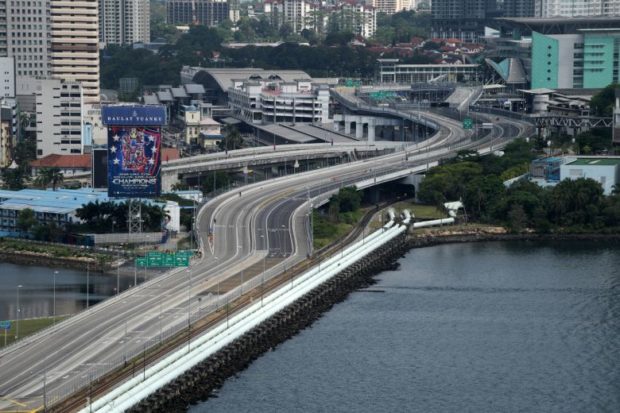
The reciprocal green lane will allow travel for essential business and official purposes between the two countries.PHOTO: ST FILE
SINGAPORE — Singapore and Malaysia have agreed to start implementing reciprocal green lane and commuting arrangements for long-term pass holders, as well as essential business and official travelers.
The target is to have the necessary systems and processes in place on Aug 10.
Malaysian Foreign Minister Seri Hishammuddin Tun Hussein and Singapore Foreign Minister Vivian Balakrishnan announced this in a joint statement on Tuesday (July 14).
The proposed Aug 10 date will give the opportunity for the relevant agencies of both governments time to finalize the standard operating procedures of the two initiatives, said the statement.
The requirements, health protocols, and application process involved for entry and exit into Malaysia and Singapore will be published 10 days before their implementation.
The reciprocal green lane would allow travel for essential business and official purposes between the two countries. Those eligible would have to abide by measures, including taking Covid-19 swab tests and submit their itineraries.
The periodic commuting arrangement would allow Singapore and Malaysia residents who hold long-term immigration passes for business and work purposes in the other country, to enter that country for work.
After at least three consecutive months in their country of work, they may return to their home country for a short-term home leave, and thereafter re-enter their country of work to continue work for at least another three consecutive months, said the statement.
Both countries have also agreed to develop other schemes for cross-border movement, such as a daily cross-border commuting proposal for work purposes for travelers from both countries.
This would take into account the required health protocols and available medical resources in both countries, to ensure the safety of the citizens of both sides.
“This will allow both sides to progressively restore cross-border people-to-people interaction and economic exchanges,” the statement added.